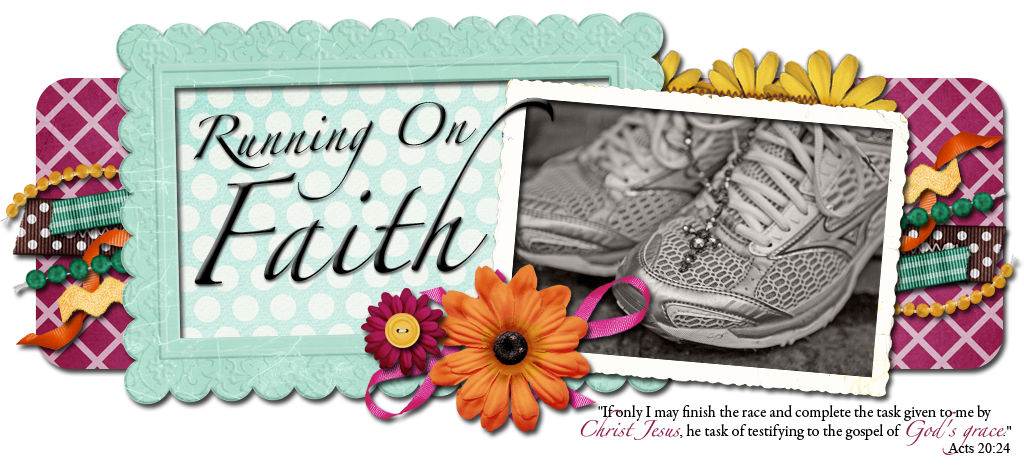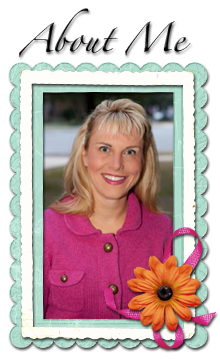It's fall which means we are entering into the last part of the year, a time typically full of activities, festivity and often celebration. The stores become replete with decoration and ornamentation that beckons us like a continuous thread leading us from one holiday to the next. You know the season has arrived when the first decorations to appear are the symbols of Halloween.
Pumpkins, bats, and the most common imagery...
the human skull.
I recently learned that the image of the skull as an object of decoration predated the modern holiday by many generations. It actually stems from a Monastic tradition; the first artists to ever use skull imagery were monks. If you think of images that you have seen of monks, they are often pictured sitting at a prayer desk, with a bible, a lit candle, and there on the desk is a human skull. But this isn't a cute plastic one from Michaels or a ceramic sugar skull from Etsy. These skulls were actually one of their peers who had already passed away. Once the body was embalmed/buried, they retrieved the skull. They put it on their prayer bench not to be goth or morbid, but instead to keep their mortality literally directly in front of them. It was an extremely tangible reminder to them that eventually I will die, and therefore I don't want to waste my life on trivial things that don't really matter. It was not designed to be disturbed or psychotic (like most seasonal imagery), but rather to encourage an individual to live each day joyfully present in the life that has been given.
Reflection upon on this, reminded me the Bible says the same thing in Psalm 90:12:
Teach us to number our days, that we may gain a heart of wisdom.
So what does that mean that we should "learn to number our days." and exactly what would that look like as we do this thing called life? First, as mentioned above in the monastic school of thought it means we would intentionally choose to address our priorities. How do I spend my time, what do I think about and how do I use my money/resources? I don't think this means that God does not want me to enjoy my time here on Earth; not everyone is called to an austere life as a monk living in a monastery. But it does mean that we need to remember we have only have one life on Earth to live. There are no do-overs or second chances once we die. Ecclesiastes 3:11 tells us that "He has made everything beautiful in its time. (And yet) He has also set eternity in the heart of men." This scripture means that no matter how good it gets here on Earth, deep in our hearts we know that this life is not all that there is. There is a new life after this one; but it is definitely not here. Therefore the biggest priority we need to get right during this life is our relationship to God. In fact it's crucial. As humans we will always choose to live to satisfy ourselves, and left to our own devices we will always choose wrongly. That is why we need a Savior, in Jesus Christ to help us find our way back to God. When Jesus enters the picture, our priorities change. That change occurs in our hearts; it a work from the inside out, not vice versa. It is not another means of self help; it is soul-help. With Christ at the center of your life, your priorities will start to look more like God's will for your life; that is a heart of wisdom. And only God is the source of that.
The second part of learning to number your days means you understand the brevity of your life. The hard truth is our days are actually numbered. We hope that means living to a ripe old age, but the truth is, we don't know how long it is. Only God knows. Yet most of us don't live like that. Greg and I used to talk about our 5, 10, 15 year plan. That all changed a few years ago when God taught us that the only day to worry about is the one in front of you; life can change on a dime. Luke 12 tells the story of a rich man who said to himself, "You have plenty of grain laid up for many years. Take life easy; eat, drink, and be merry." {This is the world's answer for YOLO}. But God said to him, "You fool, This very night your life will be demanded from you. Then who will get what your have prepared for yourself." I had hope that the pandemic would teach all of us this. But unfortunately, I've realized for some folks it did not. A heart of wisdom asks God to show me how to use what you have given me today...whether that is my health, my body, my money or my time. And by doing that, I'm actually storing up real treasure (Matthew 6:19-21) for myself. I don't worry if my daily needs will be met; God promises that if I seek relationship and to walk daily with Him, all these things will be provided. I could tell you story after story of how God has provided for me exactly when I needed it.
Lastly, teaching us to number our days means we understand the eternal significance of your life. What we do here actually matters, not just here, but for how we will spend eternity. If you choose to live your life without God here on Earth, why would a person then logically want to spend an eternity in heaven worshiping Him? God didn't create Hell to send people there; rather it is the logical destination for a person who has chosen to do his/her life without Him. Luke 16 tells the story of the Rich man and Lazarus. Lazarus, a beggar, died and went to heaven. The Rich Man died and went to hell, but looked up and could see the beggar across a great chasm. He asks if the beggar could just reach his finger and dip it in water to provide relief from his agony. He is told no "because there is a great chasm between them," and "no one can cross over". So instead he asks to send the beggar (like a ghost) to his family so that they will hear the message of eternity and not end up in the same place. He begs, "if someone from the dead goes to them they will repent." The answer was this: "If they don't listen to Moses and the Prophets, then they will not be convinced even if someone rises from the dead." The irony of this story is that someone did rise from the dead to bridge that chasm, and his name is Jesus. This story in scripture asks the question if someone who has already died can cause us to live differently now. For me, that answer is a resounding "Yes!". It is Jesus. Going back to the monastic traditions, they had a saying that was placed on a sign near all their catacombs. It read as follows:
"Where you are now we were, and where we are now, you will be."
What are you going to do with that? Oh, Lord, teach us to number our days so that we can gain a heart of wisdom! There are people that I am praying will come to Christ before it is too late. And for myself, I can't help but see the image of the skull a little differently now. As a symbol that encourages the reflection of holding my mortality before myself. And maybe, just maybe, what follows is the wisdom to ask myself the questions that allow me to live life a little more intentionally.









